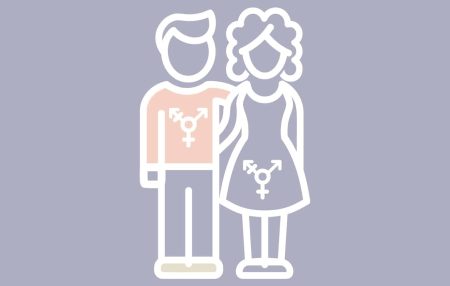12 April 2012
Infertility fears are increasingly common as more and more people think about their fertility and worry about starting a family. Infertility is a difficult issue and a diagnosis of infertility can affect you deeply.
Whilst some will take a proactive approach following a diagnosis of infertility, others will struggle to come to terms with this. Recent research shows that involuntary infertility has a big impact on self-esteem and emotional well-being in both men and women. Our sense of identity, our masculinity and femininity are linked to our fertility. People can find it difficult to discuss the problems they might have (or fear they might have) and it can put strain on relationships and affect performance at work.
For those people whose fertility levels do not improve through lifestyle changes, it may mean they will need to turn to assisted conception. Assisted conception can take many different forms, including IVF, ICSI, egg and sperm donation and surrogacy. The range of choice can seem overwhelming and it can be difficult to know where to start, or perhaps to reassess the situation if fertility treatment is unsuccessful.
If you are planning a family through fertility treatment or surrogacy it is equally important to get to grips with the legal issues so that you can ensure you properly protect your parental status and you can legally secure your family unit. Assisted conception, complex personal circumstances, an international dimension, donor conception, solo-parents, co-parents, same-sex parenting and known donation can all raise complex legal issues.




